Plastic-eating microbes are no silver bullet for waste problem
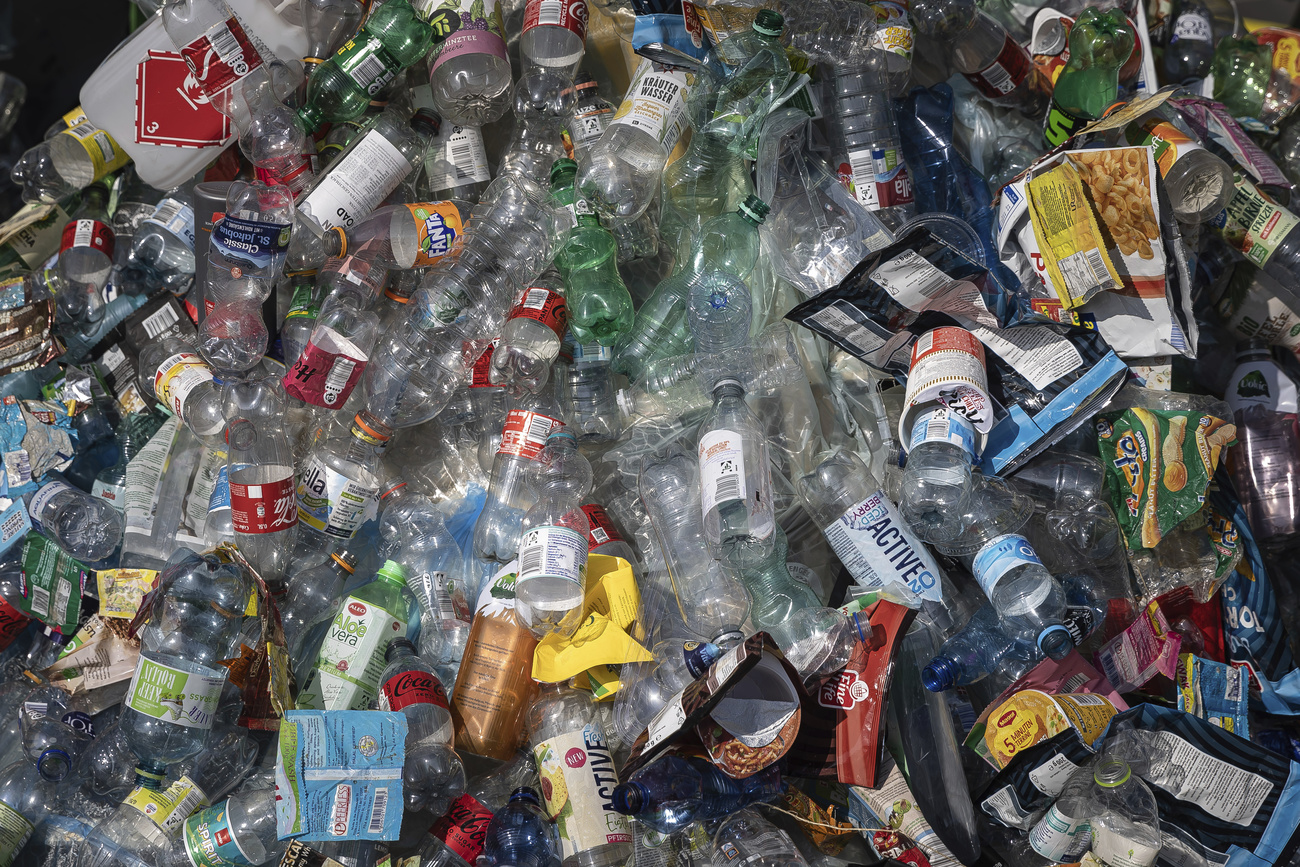
As talks on a global plastics treaty continue in Paris, news of the recent discovery of plastic-eating bacteria in the Alps raises hope they could be harnessed for recycling. But such a solution remains some way off, cautions Swiss researcher Joel Rüthi.
The scientist from the Swiss Federal Institute for Forest, Snow and Landscape Research (WSL) led the project that discovered microbes in Switzerland’s Graubünden Alps and the Arctic able to digest two plastic types. One is bio-based PUR (polyurethane) and the other fossil-based PBAT/PLA (butylene adipate-co-terephthalate/polylactide). PUR is found in household sponges, mattresses or trainers. PBAT/PLA is in compostable plastic bags. None of the strains were able to digest non-biodegradable polyethylene (PE). The studyExternal link was published in the journal Frontiers in Microbiology.

The discovery of microbes that can break down plastics at low temperatures (15°C) could serve as a “valuable resource” in the use of enzymes to degrade and recycle plastics, the scientists say.
The findings come as delegates from 175 countries are meetingExternal link in Paris (May 29-June 2) to work on a landmark treaty to end global plastic pollution. But big differences exist between states wanting to limit the production of more plastics and the petrochemical industry favouring recycling as the solution to plastic waste.
SWI swissinfo.ch: Your research has generated huge interest, especially in English-speaking mediaExternal link.
Joel Rüthi: It was crazy the first week. I spent the whole time replying to emails from journalists, from all over the world, and doing radio interviews with people from Australia, for example.
We plan to continue with our research, but honestly, we didn’t expect it to get that much hype.
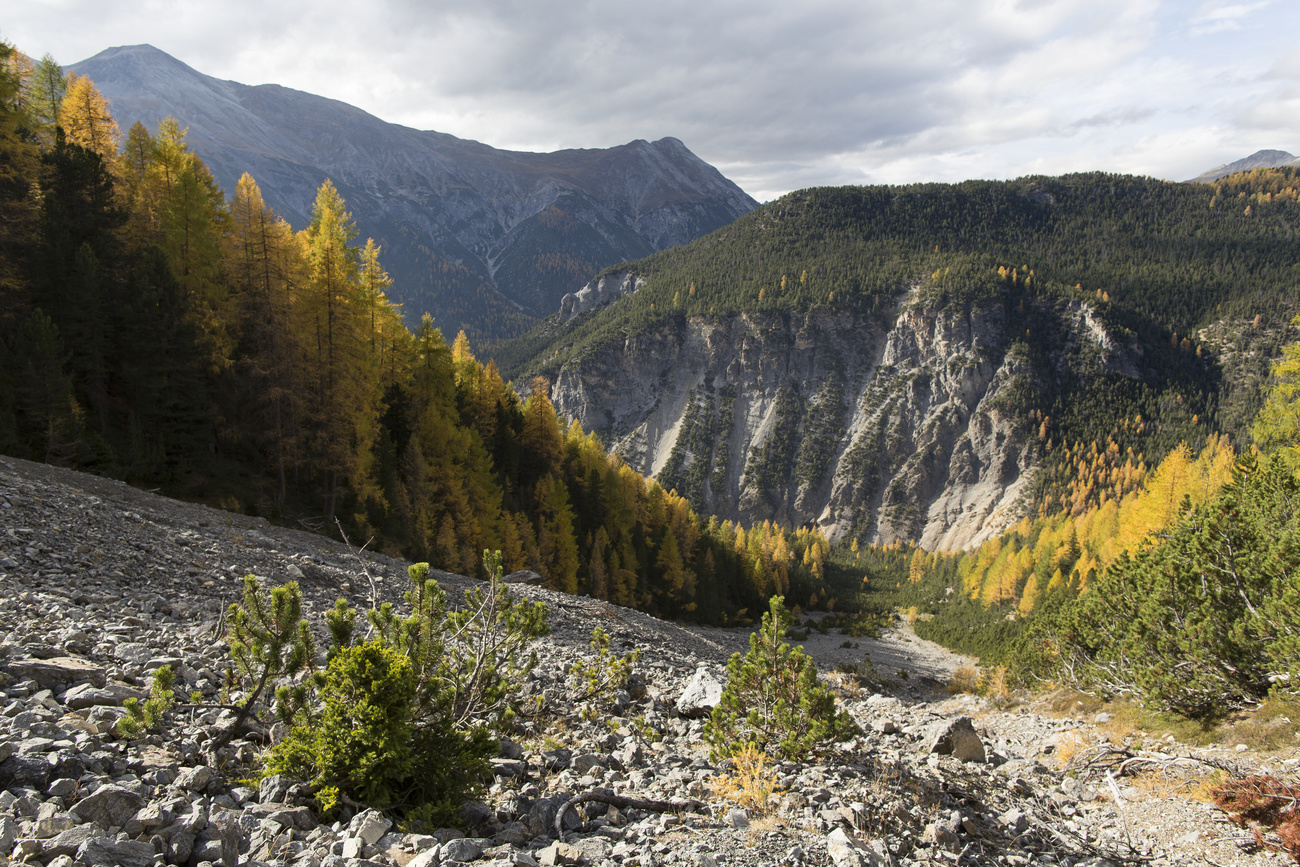
More
Plastic-eating fungi discovered in Swiss Alps
SWI: In your study you sampled 19 strains of bacteria and 15 strains of fungi growing on free-lying or intentionally buried plastic kept in the ground for one year in Greenland, Svalbard and Switzerland. You let the microbes grow as single-strain cultures in the lab in darkness at 15°C and tested them on different types of plastic. Are the findings a world first?
J.R.: Yes, I would say so. Many studies already exist covering plastic-eating microbes. The big news is that it’s happening at low temperature. This was slightly surprising. There were also earlier studies, for example on deep-sea microbes, where people showed digestion of biodegradable plastics. The difference here is that we actually tested them on different biodegradable plastics.
But we must be a bit careful because we only found microbes that digest biodegradable plastics; polyethylene (PE) was untouched. It was unsurprising that no strains degraded PE. But what was surprising was that quite a large fraction of our tested microbes could degrade at least one of the biodegradable plastics.
SWI: What does this tell us?
J.R.: I think we can assume that there are many microbes in the environment that could break down biodegradable plastics, but this still largely depends on environmental factors.
We know that they can degrade plastics under lab conditions where we have a fixed temperature and where we can add nutrients at the levels that we want. But we still don’t know if they would also do that in the soil where they live.

More
Is your bikini fish-friendly? Research reveals how fabrics shed microplastics
SWI: So, we can’t just release the plastic-degrading microbes into the environment and hope they go to work.
J.R.: Yes, exactly. In the studies where we buried plastics in soil where the microbes came from, we saw that after five months the pieces of plastic were largely intact. There were signs of degradation, but the samples were still in one piece and only slightly degraded. That was after five months, so we don’t know how long it would take to completely degrade such biodegradable plastic under natural conditions in the Alps – probably many years.
SWI: You say your next big challenge will be to properly identify the plastic-degrading enzymes and to optimise the process to obtain large amounts of proteins. How significant a role can such enzymes really play in reducing plastic pollution?
J.R.: I think we cannot really stop plastic pollution with this because plastic pollution is a different problem. People still must trash their waste in the right way. This research cannot stop littering. And I guess once the plastics are in the environment, these enzymes cannot really do anything.
What we think could be done in the future is to try to make a circular economy where we try to recycle plastics more efficiently and in a more sustainable way. And this is maybe where these enzymes could play a role because they work at lower temperatures. Plastic recycling could be run at lower temperatures; we would not need heating.
But these enzymes will not solve the problem of plastic pollution in the environment and littering. Our findings are not an excuse for people to litter plastic.
SWI: Have you been approached by companies to develop your findings?
J.R.: Not really by companies, but several private investors wrote to us.
I think we must be a bit cautious because maybe people now think we are much further advanced with our work than we really are. It’s still basic research. We won’t make a product out of it. We would need industrial partners for that. It requires further testing to really see if it could be used in an industrial process.
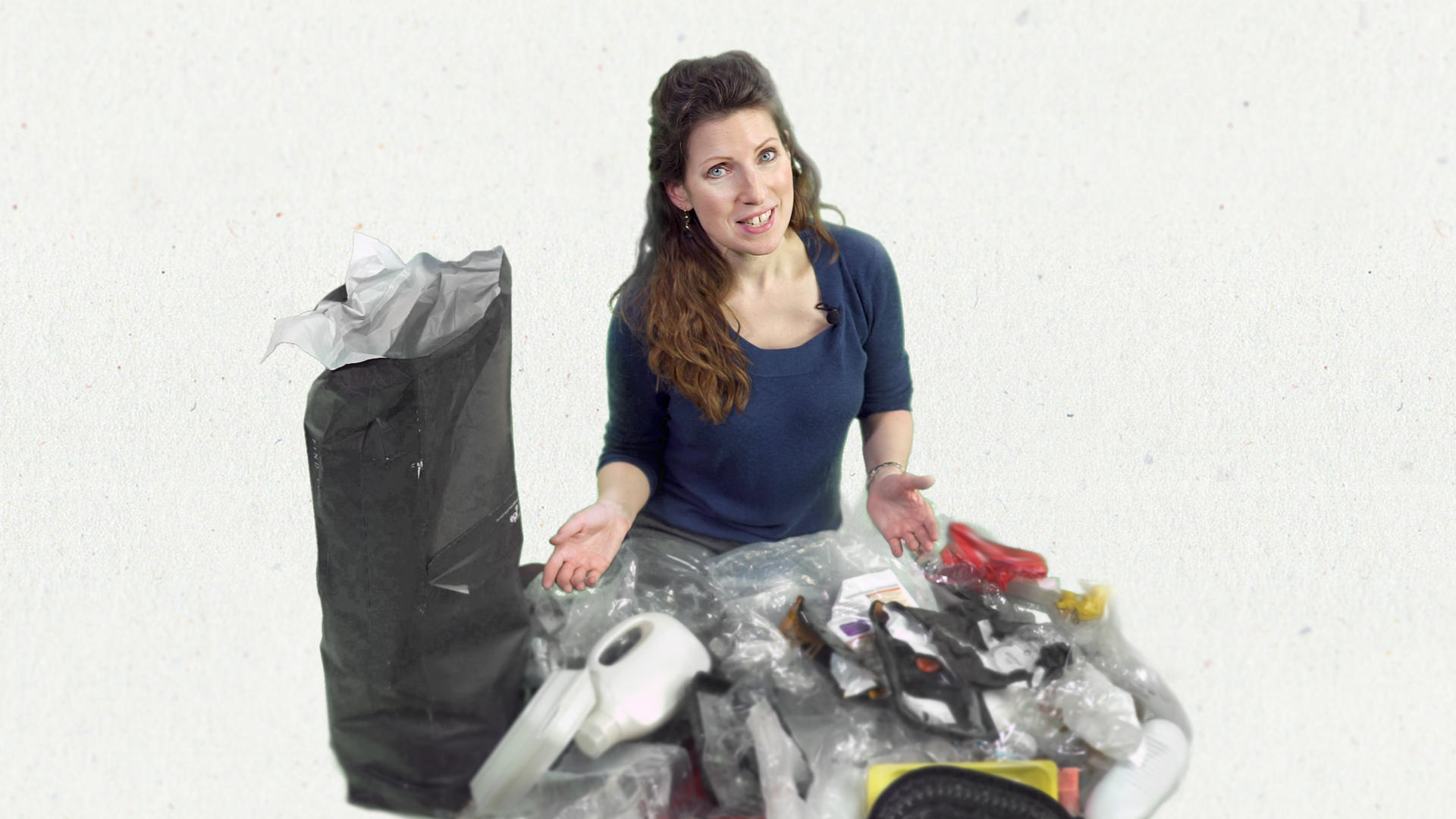
More
Why don’t the Swiss recycle more plastic?

In compliance with the JTI standards
More: SWI swissinfo.ch certified by the Journalism Trust Initiative

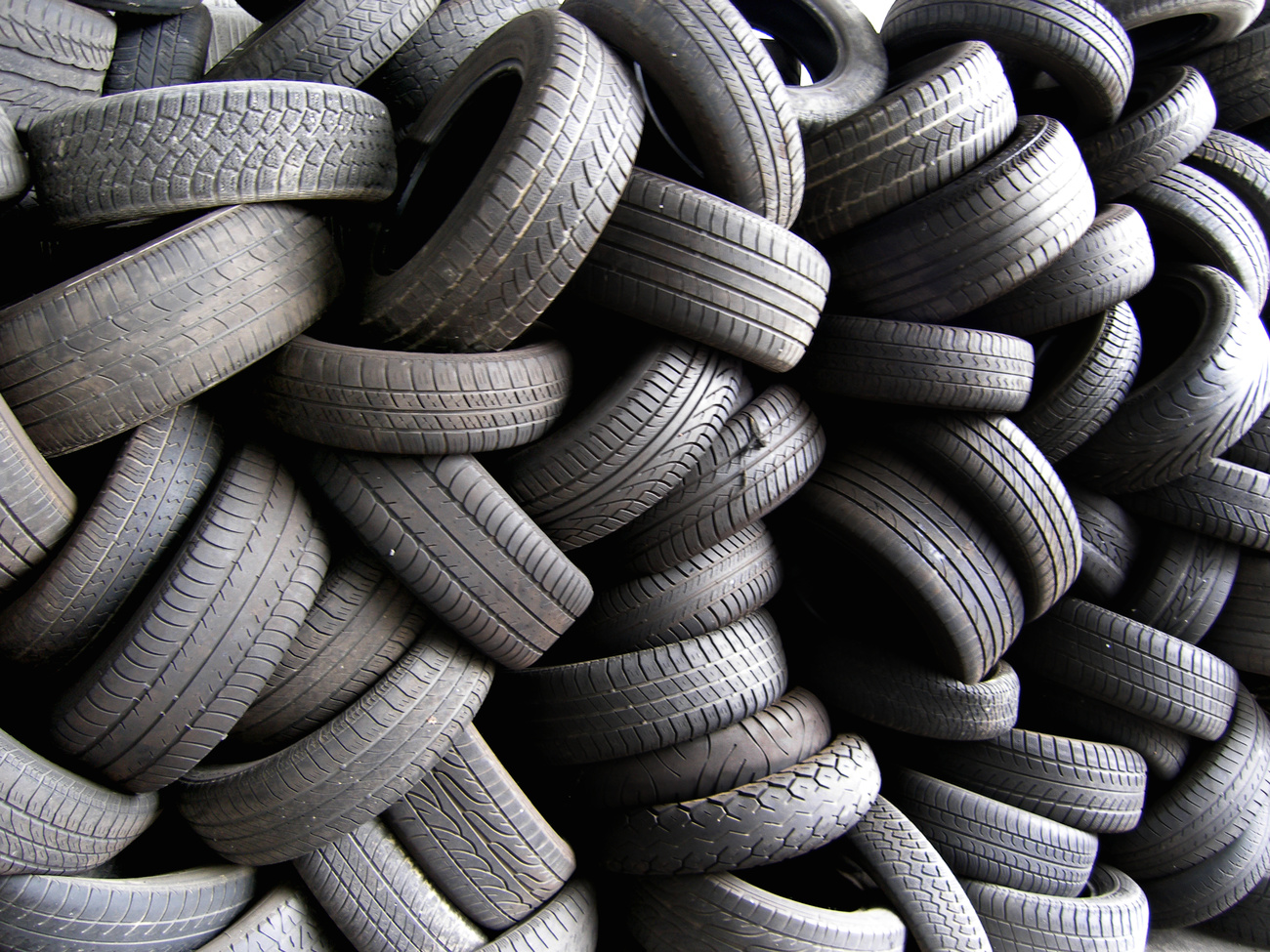
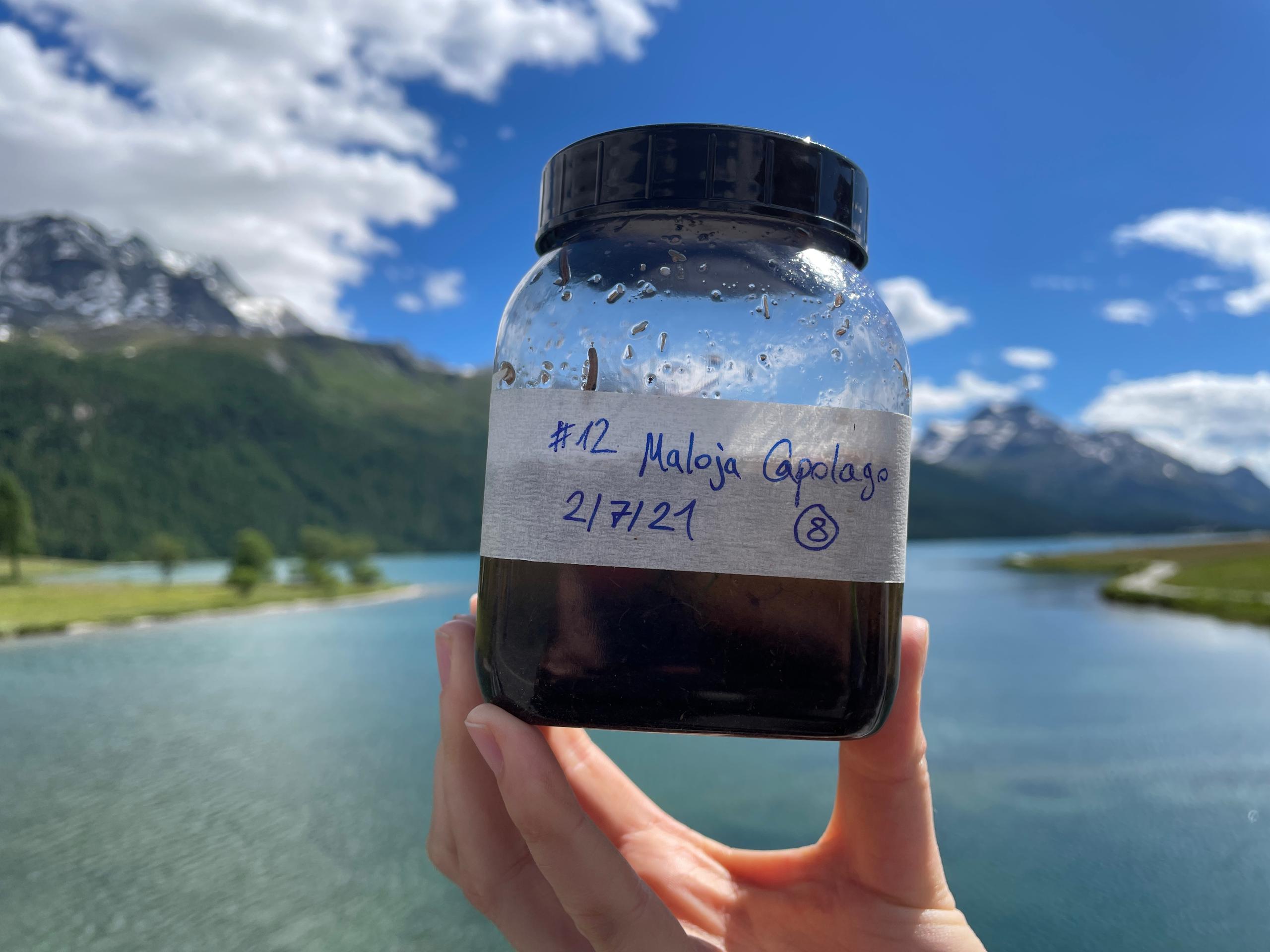


You can find an overview of ongoing debates with our journalists here. Please join us!
If you want to start a conversation about a topic raised in this article or want to report factual errors, email us at english@swissinfo.ch.